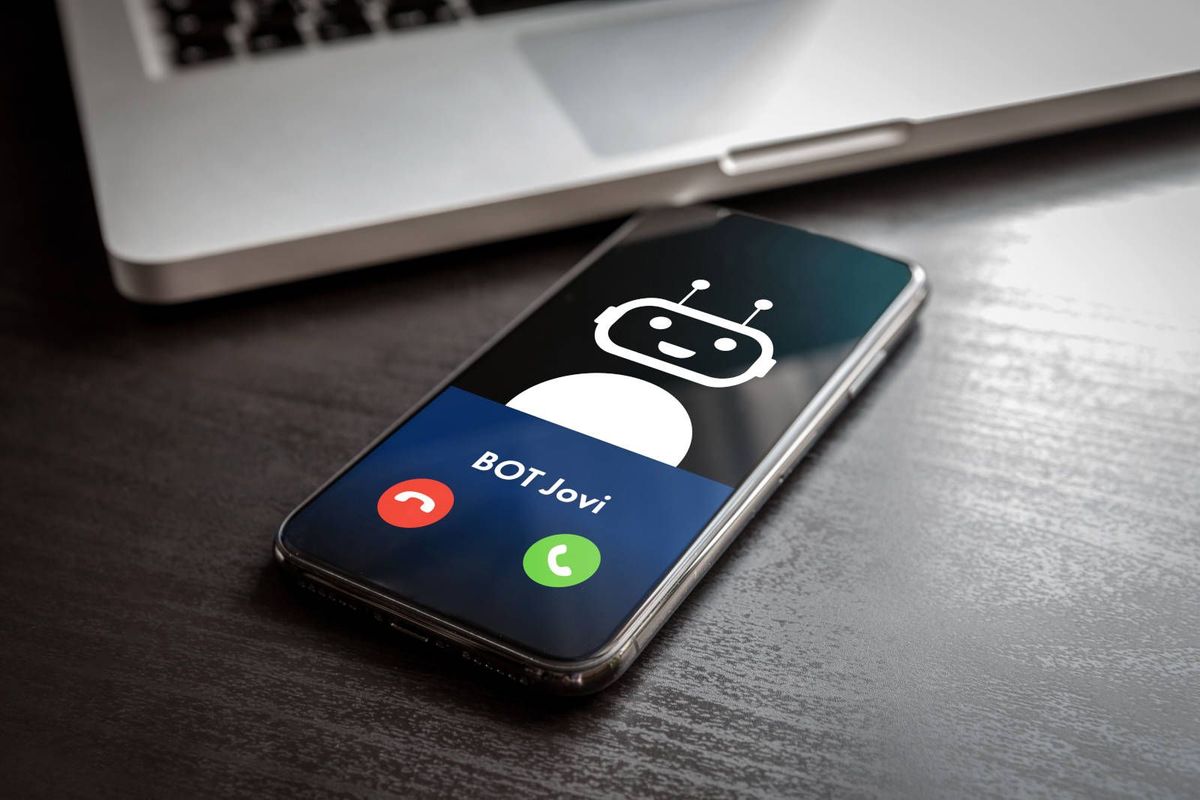New Robocall Rules Require Accurate Caller ID Info

Been getting calls from the IRS demanding money? Or from the FBI threatening to fine you for something you didn’t do? That should stop today (June 30) as new rules clamping down on robocalls take effect.
Ever since 1996, when Congress revamped telecommunications regulations, scam artists have been impersonating the IRS, the Red Cross, your bank and just about anyone else you can think of. They’ve been able to do that because anyone can display a phony Caller ID, making it impossible to know who’s really calling you.
But now, at long last, the Federal Communications Commission (FCC) is requiring phone companies to install Caller ID verification that will confirm whether calls on their network are actually coming from the number on display.
“June 30 is an important day in consumer protection history. The FCC action to thwart robocalls will rank up there with laws guaranteeing consumers access to their credit reports and eliminating abusive credit card practices,” said Teresa Murray, Consumer Watchdog with the U.S. Public Interest Research Group Education Fund.
Robocalls: 25 years and counting
American consumers have been demanding action for more than 25 years and a long string of rules have been enacted, with only one problem: no one paid any attention to them and telephone companies weren’t require to confirm Caller ID displays.
It’s estimated that illegal robocalls cost Americans $10 billion a year in fraud and $3 billion a year in wasted time, according to the Federal Trade Commission (FTC) and FCC. Americans this year have received 4 billion robocalls a month — twice as many as they did five years ago.
“Robocalls affect all of us. Thousands of people fall for scams each year that start with an illegal robocall and spoofed phone number, Murray said. “An elderly man in Cleveland lost $124,000 last month to a robocaller impersonating Amazon. These kinds of heartbreaking cons happen every day. Those of us who don’t get ripped off still have to deal with annoying calls about expired car warranties or unwanted health insurance. Or we don’t answer our phones at all.”
“The FCC for years has been trying to squash illegal robocalls, mostly unsuccessfully. No more Mr. Nice Guy. The FCC is done asking nicely or urging or begging phone companies to fight robocalls. It’s the law now. Phones are critically important in our society. When our phone rings, we should be able to trust the Caller ID on the display, like we used to. That day is coming back,” Murray said.
Some robocalls are exempt
As always, there are exceptions. Some smaller phone companies a grace period to install the necessary technology, called STIR/SHAKEN. And then there are political calls, themselves enough to drive some consumers to rip their phones from the wall.
Political calls are still exempt from the Do Not Call List rules but they are required to identify themselves properly and refrain from calling cell phones without private consent.
The FCC is also watching the calendar, waiting for September 28, the day when phone companies will have to refuse traffic from voice service providers not listed in it Robocall Mitigation Database, which requires phone companies to document their efforts to stamp out illegal robocalls.
Previous enforcement efforts have been focused mainly on the scam artists placing the calls. The FCC’s latest rules put the onus on telephone companies and, it’s hoped, have a better chance of being effective.
